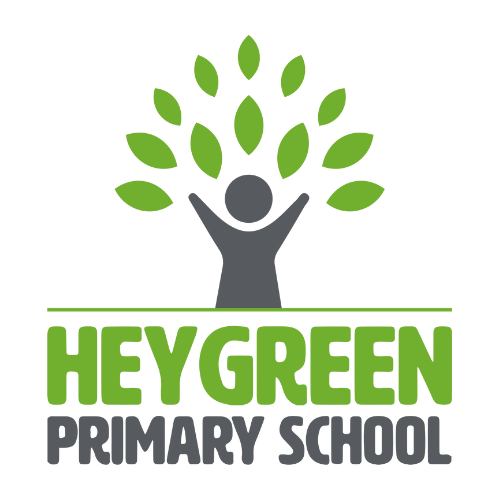
Science
The teaching of science follows the objectives laid out in the National Curriculum. We value science as a core subject and want our pupils to learn key scientific vocabulary and knowledge – as well as the skills for scientific working. However, research in cognitive science tells us that knowledge is key to learning and that pupils can’t problem-solve ‘like a scientist’ until they have the domain knowledge to do so – so this is our priority. Ultimately, we want our pupils to value their science learning, understand how the subject fits with real life situations and appreciate the work of famous scientists in terms of their impact on the world in which we live.
The Rainbow Education curriculum for science provides each and every child with:
Substantive knowledge:
•Ensuring pupils master core content through the development of key concepts and timely revisiting of key knowledge
•Sequencing the curriculum and selecting knowledge to allow for gradual development of vertical concepts – the ‘big ideas’ in science – to provide firm foundations for KS3 and KS4
•Preventing common misconceptions that are often formed at an early age and prove problematic at the later stages of pupils’ science education
•Purposefully teaching appropriate knowledge that goes beyond the KS1 and KS2 national curriculum, to aid current and future understanding, and to smooth the transition to KS3
•Encouraging pupils to apply and make connections between the disciplines of science, the wider curriculum and the wider world
Disciplinary knowledge:
•Sequencing Working Scientifically elements so that they are explicitly taught and practised alongside the substantive knowledge, and regularly reviewed and built upon across the years and key stages
•Making deliberate and explicit links to other curriculum areas – particularly geography and mathematics – to ensure there is a consistent approach to teaching content, and that pupils are always first taught content in the most relevant subject. For example, pupils are taught how to construct bar charts or calculate the mean in mathematics before they are applied in science
•Planning practical tasks that have a clear purpose: to demonstrate or prove substantive concepts, or to allow pupils to deliberately practice working scientifically skills in a relevant context
Curiosity and excitement about science:
•Selecting examples and applications of science that inspires pupils’ curiosity about the world and natural phenomena
•Ensuring that all pupils can see themselves reflected in the science curriculum, by highlighting present-day role models and the contributions of scientists from a wide range of backgrounds; and considering social and cultural values around scientific ideas.


Retrieval Practice:
Retrieval practise is planned into the curriculum through spaced learning and interleaving and as part of a considered task. Retrieval is at the start of every lesson; quick quizzes and knowledge organisers are used to support this. Units are supported by identifying key vocabulary using a tiered approach.
